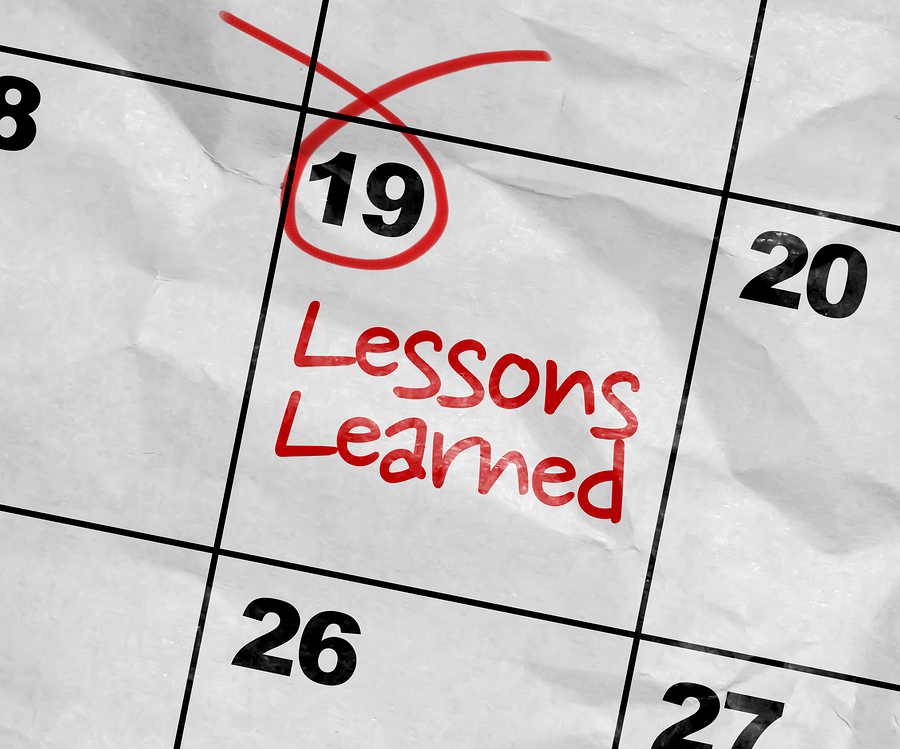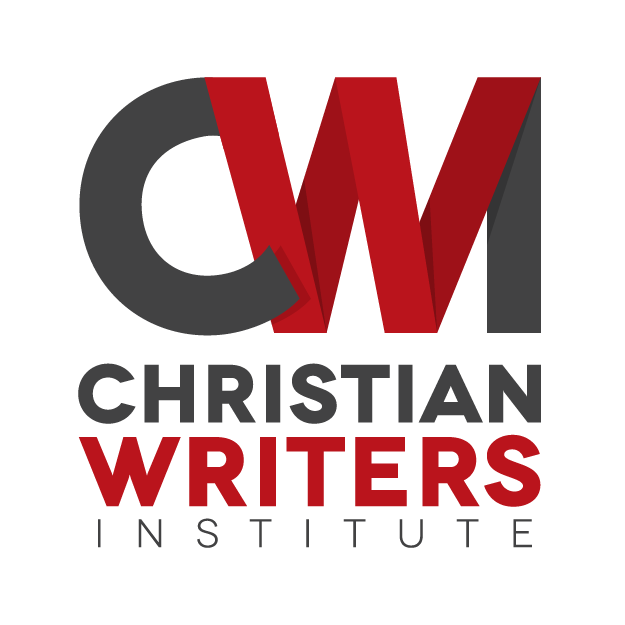If you go through my trash, you might think I’m the world’s worst person. Why? Because my discarded mail might lead a casual observer to think that I don’t care about:
The paralyzed.
The blind.
Amputees.
Orphans.
Israelites.
Health needs overseas.
Impoverished people living overseas.
People suffering with:
- Lupus
- Muscular Dystrophy
- AIDS
- Multiple Sclerosis
- Emphysema
- Diabetes
- Heart disease.
- Cancer
The homeless (who apparently only need two meals a year: Thanksgiving and Christmas Day).
Abortion.
Lawsuits defending Christianity.
Veterans.
This is only a sample of the pleas I receive asking for donations. My discarded mail makes me seem heartless. Who doesn’t care about these people and causes? Who doesn’t want to eradicate terrible diseases? In fact, one of my favorite in-laws suffers from MD and another is stricken with MS. People I love have been stricken with, (And often defeated!) cancer. Diabetes runs in my family, as does heart disease. As for veterans? I can name at least ten in my family without thinking.
But no matter how compassionate I am and how much I admire the organizations and workers, I don’t possess unlimited funds to dispense meaningful contributions to every worthy cause. And when I do, I have noticed I get on mailing lists for similar organizations and the tide becomes a tsunami.
I give to church and charity, but not to every church, nor to every charity.
So, what does this have to do with writing and publishing? I’ll tell you. Most every week, I am forced to decline worthy manuscripts. These manuscripts are well written, have a great spiritual arc, and show the author’s talent. In my office, we try not to be heartless when rejecting any manuscript. But we know the author who’s worked months, perhaps years, on a manuscript, feels the sting.
Likewise, editors must reject submissions from agents. Agents have already screened the manuscripts so the editors can give them serious consideration. Yet, every editor has limitations as well, and cannot accept every worthy manuscript. And agents feel the sting when we must deliver bad news to writers.
Please know that as an agent, I don’t take rejection lightly. I care about writers.
I advise writers who receive any encouragement from an agent or editor to weigh those opinions and keep trying. Talent is a gift well used, but persistence must accompany that talent for an author to be a success.
Your turn:
When did you turn a rejection into a sale?
Have you ignored an agent or editor’s advice, and gone on to be successful?
Have you taken an agent or editor’s advice, and gone on to be successful?
What is the worst advice you’ve ever been given?











